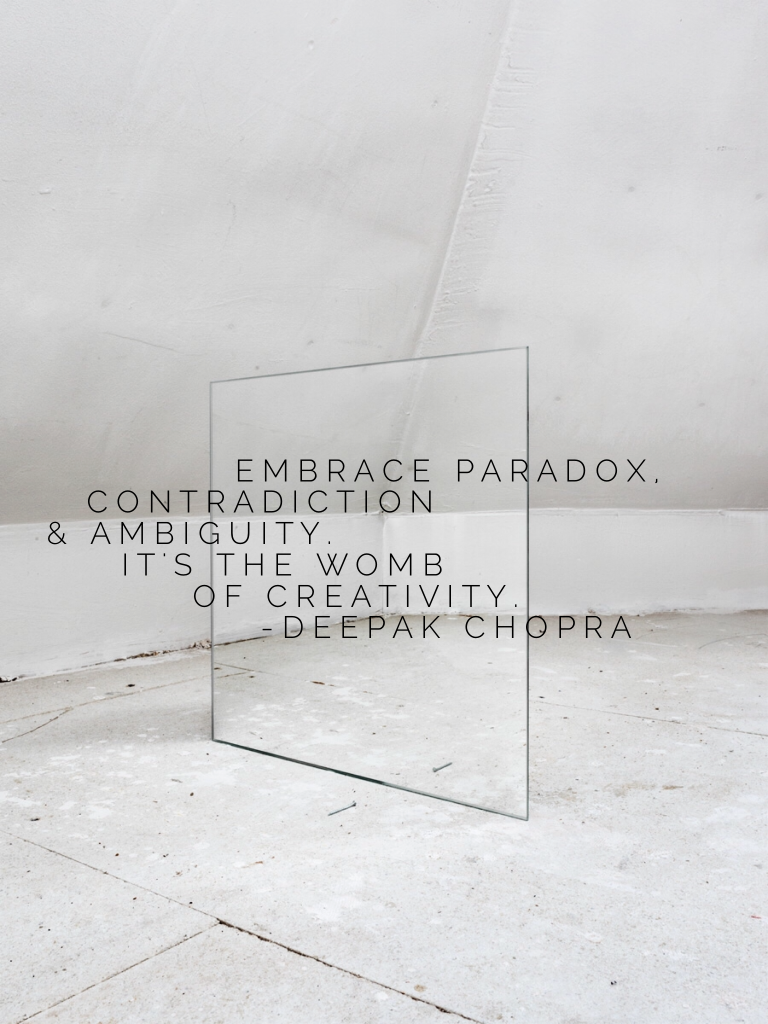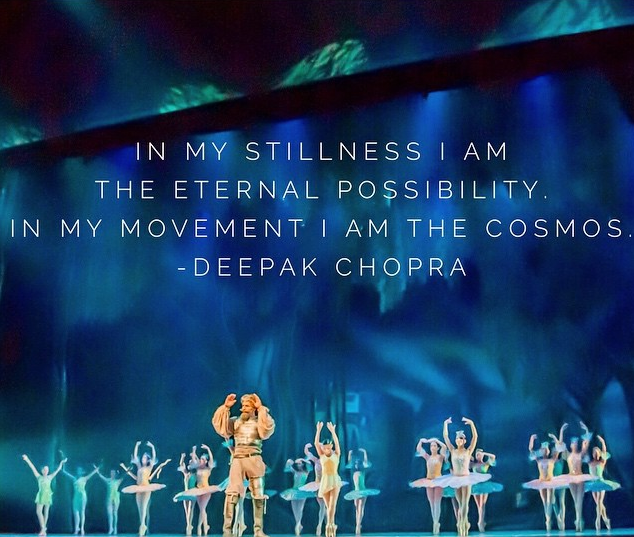By Deepak Chopra, MD
Fear is a negative emotion unless you are facing an actual threat and need to fight or flee. The usefulness of fear is minimal in daily life, particularly in the form of anxiety. Stressful events can produce short-term anxiety in almost everyone, which disappears after the event. But for an estimated 6.8 million Americans with Generalized Anxiety Disorder (GAD), anxiety is a chronic condition they can’t shut off. All of us know people we accept as “born worriers,” but in reality being in a state of chronic anxiety can severely limit their daily activity.
You probably know already if you worry excessively. Almost nothing is free from worry, in fact, if you have chronic anxiety, even the smallest thing can trigger it. You find yourself with fearful thoughts about finances, family, your health, and what’s happening at work. Some days you’d rather hide under the covers. (more…)


 For a very long time, if you wanted to know if something is real or not, the go-to people have been scientists. The rise of rationality over superstition is considered the single greatest achievement of the past three or four centuries. So it’s startling news–as we discussed in the last post–that physics has arrived at a reality crisis. Three great unsolved mysteries remain, and they are the same riddles asked by ancient Greek philosophers: What is the universe made of? Where did the universe come from? How do we know what’s real?
For a very long time, if you wanted to know if something is real or not, the go-to people have been scientists. The rise of rationality over superstition is considered the single greatest achievement of the past three or four centuries. So it’s startling news–as we discussed in the last post–that physics has arrived at a reality crisis. Three great unsolved mysteries remain, and they are the same riddles asked by ancient Greek philosophers: What is the universe made of? Where did the universe come from? How do we know what’s real?